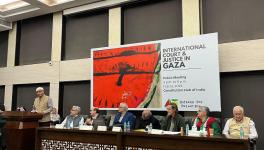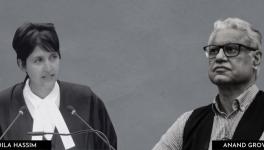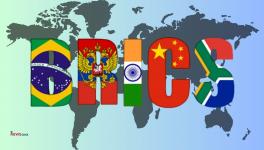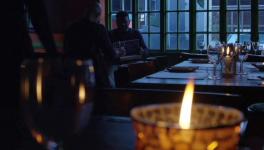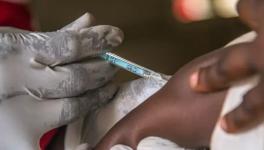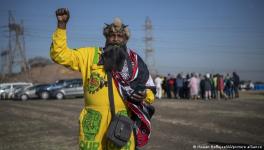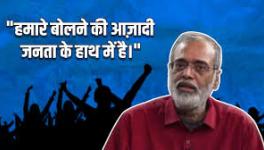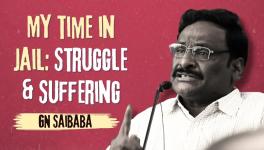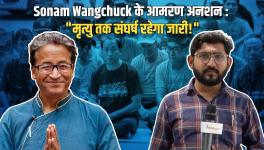We Build Your Homes, But Have No Homes Ourselves: Diary of a South African Land Occupation.

Talitha and Johanna work as maids. They earn R150 per day, which is the price of a gallon of milk, a pound of cheese, a loaf of bread and four oranges (1 Rand is about 5 Rupees). They could just about eat for a day, but that’s about it. They smile at me when I ask them how they manage to get by. Johanna says, ‘barely’.
They live in Good Hope Settlement, a congested piece of land in Germiston – just outside Johannesburg (South Africa). Their homes are temporary, called ‘shacks’ in this part of the world. These shelters abut each other. They have no protection from the rain and offer no privacy. The lack of sanitation facilities means that sewage runs through their narrow lanes. It also means that illness is a constant worry.
Christopher operates heavy machinery for a construction company. He earns R6,000 per month. But this money slips away before the month is over. Rent money (R1200) and money to transport his child to school (R1850) takes half of his earnings. The rest disappears when he buys water and gas, food and clothes. ‘I used to drink’, Christopher tells me, ‘but now I don’t have the budget for it’.
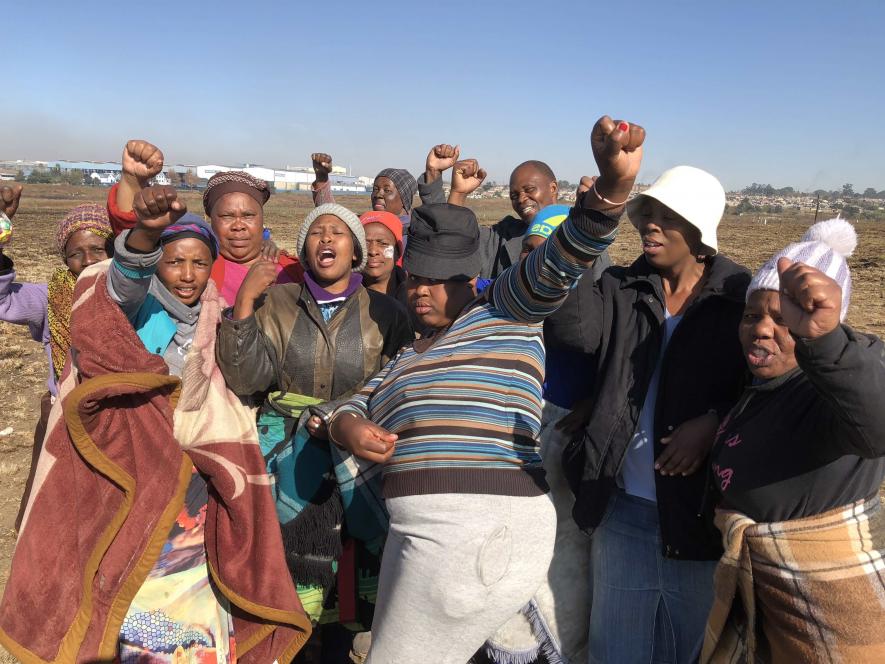
Immanuel is an electrician. He helped build the Mall of Africa, the largest shopping mall to be built on the continent. But he has no home. He lives in a shack in Good Hope. ‘We build your homes’, he says plaintively, ‘but have no homes ourselves’.
I meet Talitha, Johanna, Christopher and Immanuel on an arid looking piece of land owned by the Witwatersrand Gold Mining Trust. This land has not been used for anything productive in a long time. At the horizon sits the old gold processing plant. But workers no longer carry out gold from this land. Gold is what made Johannesburg its money. The land now sits vacant.
Across the road is the Good Hope Settlement. Talitha, Johanna, Christopher and Immanuel are with the Abahlali baseMjondolo’s Good Hope branch. They have been meeting over the course of the past year to plan their occupation of the abandoned Mining Trust land. They anticipate – according to their leader Nomnikelo Singenu – that they would be able to build five hundred homes on this land as well as a school and a medical facility. Enthusiasm is the mood. And tension.
The State.
Not far from where we are speaking, the police gather. They had been there the previous day and had destroyed the pegs that marked out the land for the homes. Violence is the coin of the police. They gathered the meagre belongings of the squatters and burnt them in a pit. Today, on the second day of the occupation, the police seem less ferocious.
I go up to the head police officer. Concern is written across his face. I ask him how he feels to use force to eject the very poorest of South Africans from land that is not being used. ‘This is the fault of the previous government’, he said. I asked him which government he referred to. ‘The apartheid government’, he said without pause. Apartheid ended in 1994. Land hunger has increased since then. The negotiated settlement that ended apartheid did not provide any restitution to the very poor whose labour remains essential for South Africa, but whose lives are treated as irrelevant.
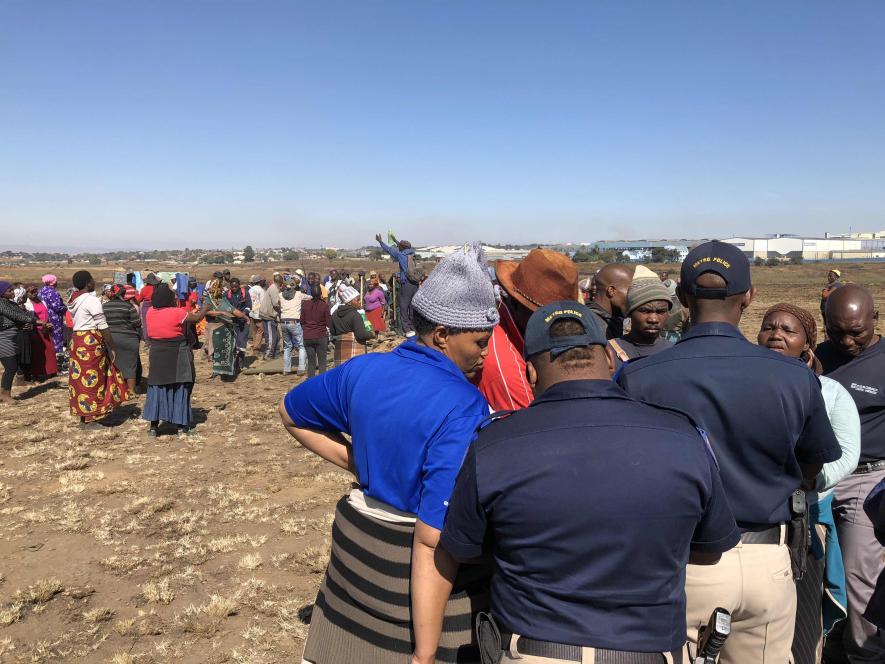
As if on cue, the police officer said that the people must obey the law. I asked him why the authorities were so quick to eject the poor from this land, when they were so lax with high-level corporate corruption. He smiled. What is there to say? It is clear to all of us that the system is deeply unjust. Today is not the day to fire the tear gas and bring out the truncheons.
That comes in the days ahead. More violence is brought against the squatters, with the temporary shacks destroyed and the people harassed. On the sixth day of the occupation, the police entered the Good Hope Settlement. They had come to teach the squatters a lesson. The police fire tear gas and rubber bullets. These are easy to dispense. Harder to give people a home.
Alone.
The settlement on the abandoned gold mining land is named Zikode Extension Land Occupation. It is named for S’bu Zikode, the president of Abahlali baseMjondolo (a Zulu phrase that means shack dwellers). A few months ago, I met Zikode in Durban (South Africa), at the Abahlali office. He is a thoughtful man, someone who would not ordinarily welcome having a land occupation named for him. But he is beloved amongst the shack dwellers, who celebrate his decency and his courage.
When we spoke, Zikode told me that the shack dwellers are alone in their struggle. They have no allies. This was clear in Germiston. No other groups had come out to support the shack dwellers. Apart from a few journalists with New Frame, a web publication that will debut soon, there was no one other than the Abahlali members and the police. One officer asked if we – the journalists – were getting ready to leave. That would leave no witnesses to the violence that would surely follow.
When the violence did come on May 17, the police arrested one person and forced the rest of the Abahlali activists into hiding. Nomnikelo, the local Abahlali leader, says that she has not been able to ‘account for everyone or to hold a meeting’. Most of the Abahlali leaders in these settlements are women like Nomnikelo. They are on the frontlines of the struggle for land and dignity. These are the Gogos and Mamas – the grandmothers and mothers – who have put their bodies on the line. They are the ones who are forcing South Africa to be a decent society.
One young woman, Sona, tells me about her life as we stand on the empty land of the Zikode Extension Land Occupation. Sona says that her three children are at the Good Hope Settlement. She hopes they are well. She is fighting for them. The police have begun to move closer to us. Sona looks at them. She has just been singing a song that tells the police to move along. ‘We didn’t want to provoke them’, she says. ‘They are fighting us. We are not fighting them. We are only fighting for the land’.
When they began their occupation, the local Abahlali leaders released a statement with a lyrical message. ‘We continue to resist,’ they wrote. ‘We will not move. We will hold this land’. These are words of great power. One of the policemen tells me that outsiders have instigated these shack dwellers. He is right. There is an outsider here. But it is not one of us. The only outsider at the Zikode Extension Land Occupation is the one that continues to shine a light for the shack dweller: it is hope.
Get the latest reports & analysis with people's perspective on Protests, movements & deep analytical videos, discussions of the current affairs in your Telegram app. Subscribe to NewsClick's Telegram channel & get Real-Time updates on stories, as they get published on our website.









